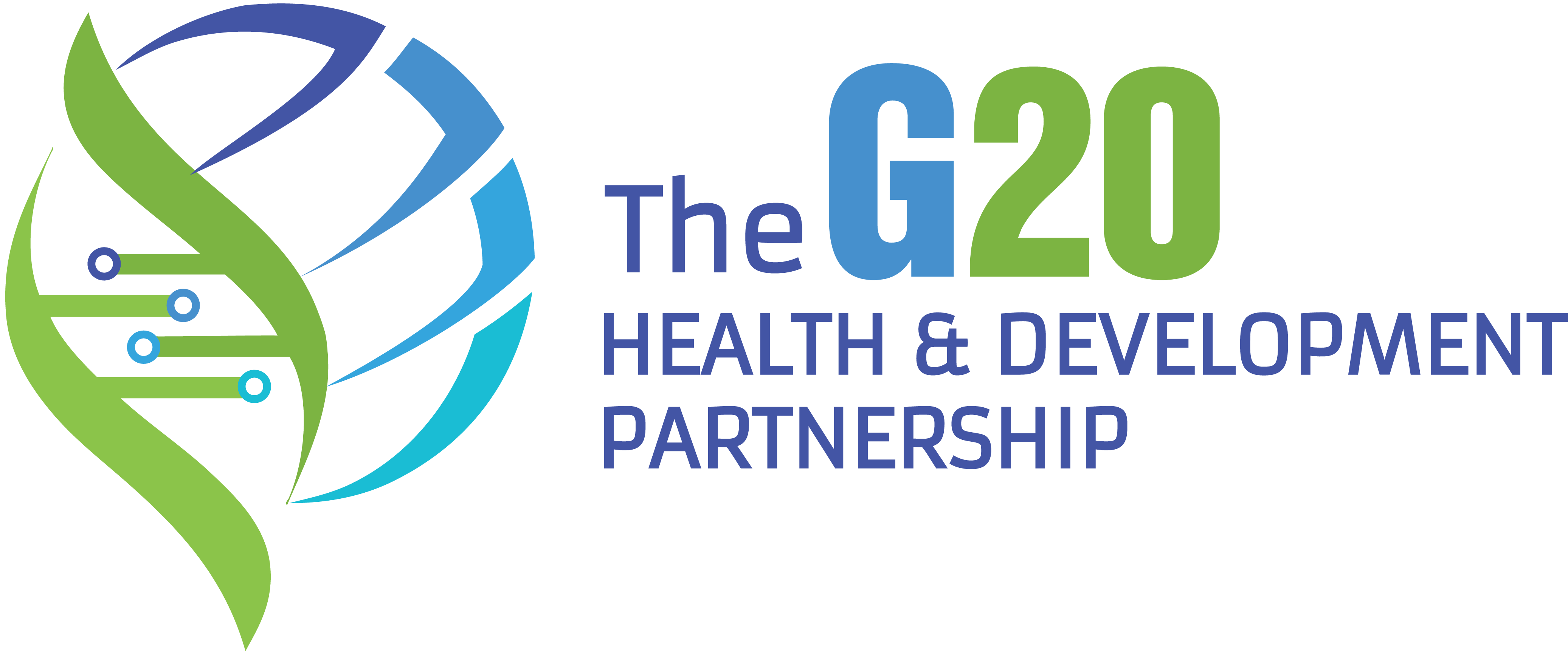Global health research and development (R&D) is foundational to achieving universal health coverage (UHC). Delivering accessible, quality care for all for inclusive growth and sustainable development requires the existence of the right drugs, vaccines, diagnostics and other tools to detect, prevent and treat illnesses without financial hardship. Yet, there is a dramatic shortfall of resources worldwide that halt the achievement of the UN SDG 3 goals by 2030. Less than 10% of the worldwide resources devoted to health are put towards health in developing countries, where more than 90% of all preventable infectious disease deaths occur. Non-communicable diseases (NCDs) such as cancer, cardiovascular diseases, chronic respiratory diseases, diabetes and mental health disorders are becoming the leading cause of death and disability worldwide. NCDs in industrialized countries are estimated to cost the equivalent of a 10% tax on gross domestic product (GDP), and spending on them is estimated to account for almost 60% of current health spending, approximately US $2,400 per person every year.
Theme one
The economic case for investing in health innovation and delivering SDG3: How can finance- and health ministers create a new paradigm?
Decisions about how revenues are generated, for whom and how they are used, are considered the domain of the ministry of finance. Ministries of health and their partners are rarely informed about the reforms in fiscal policy practices, and seldom is involved in debates about the role of the private sector in revenue generation. The engagement of health stakeholders are often limited to inquiring for more resource allocation and to lobbying the ministry of finance for raising revenues for health. On the contrary, ministries of finance tend to view health expenditure as purely consumption rather than contributing to the UN SDGs and economic growth and consider health sector to be poorly prepared to request and absorb funds. Developing mutual understanding of the opportunities and constraints for raising additional revenues and allocating more to global health innovation is critical for healthy nations and sustainable economies which, require a new paradigm for the finance and health ministers to work together to break existing silos.
This panel aims to focus on the current global health challenges for tackling both communicable and non-communicable diseases and analyse the impacts of inaction on health and economy within the G20 and beyond by maintaining its focus on innovation ecosystem. The panel will also explore the political economy of resource mobilization for global health innovation and discuss how information sharing and mutual understanding of the fiscal space can be stimulated between the finance and health officials and their partners.
